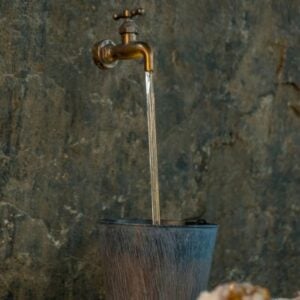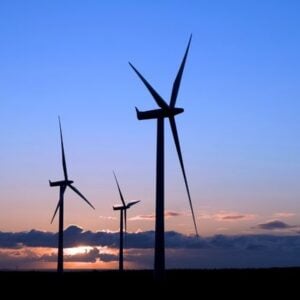The Asian Development Bank (ADB) has approved a $125 million concessional loan and a $10 million grant to help Fiji strengthen water security and improve ocean and environmental health. The Healthy Oceans and Water Security Improvement Project will focus on major upgrades to the Kinoya wastewater treatment plant in Suva, the development of a more resilient water supply system, and the establishment of a regional training center for Pacific water and wastewater operators.
A key component of the project is the expansion of the Kinoya wastewater treatment plant, which will double its treatment capacity. Using efficient technologies designed to reduce energy consumption and lower long-term maintenance costs, the upgrade will significantly improve water quality in Laucala Bay. This improvement will help reduce pollution levels and restore marine ecosystems that have been affected by decades of rapid urban growth and limited wastewater treatment capacity.
By strengthening coastal ecosystems such as mangroves and coral reefs, the project also enhances resilience against climate change impacts, including rising sea surface temperatures and ocean acidification. Additionally, it will continue financing a performance-based contract to reduce water losses in Suva’s aging distribution network. Most water losses are caused by leaks, leading to high operating costs and unreliable supply. The program is expected to save 10.5 million cubic meters of water annually while cutting carbon emissions by nearly 1,417 metric tons each year.
The project also emphasizes capacity building. It will support the creation of a regional training hub in Lautoka to equip Fijians and Pacific Islanders with the technical and vocational skills needed to manage water supply and wastewater systems. The training will be regionally accredited, offering new pathways for professional development across the Pacific. This initiative is funded by ADB’s Asian Development Fund through a $10 million grant for regional cooperation and integration.
ADB, established in 1966 and owned by 69 members including 50 from Asia and the Pacific, continues to play a leading role in promoting inclusive, sustainable, and resilient growth in the region. By combining financing tools and strategic partnerships, it works to build infrastructure, strengthen ecosystems, and safeguard the future of communities across Asia and the Pacific.







